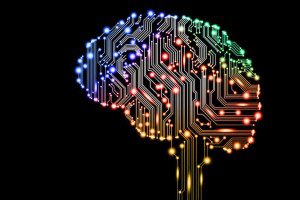MIT researchers develop a machine learning model to improve and adjust the 3D printing process to rectify errors in real-time

MIT researchers have automated the process to determine ideal parameters that consistently print a new material effectively using artificial intelligence. They created a machine-learning system that watches the manufacturing process using computer vision and corrects handling faults in real-time. They put the controller on a real 3D printer after using simulations to teach a neural network how to change the printing parameters to reduce error. Compared to other 3D printing controllers, their technology produced items more correctly.
Due to the extensive amount of trial and error involved, choosing the optimal parameters for a digital manufacturing process can be one of the most expensive steps in the procedure. Hence, they created a machine-vision system with two cameras pointed at the 3D printer’s nozzle to accomplish this. The technology illuminates the material as it is deposited and determines the thickness of the material based on how much light passes through.
Once the controller has processed the images it has received from the vision system, it will change the printer’s orientation and feed rate in response to any errors it finds. It makes millions of prints that are necessary for training a neural network-based controller to comprehend this manufacturing process, which is a data-intensive operation. So instead, the researchers created a simulator.
“This project is really the first demonstration of building a manufacturing system that uses machine learning to learn a complex control policy,” says senior author Wojciech Matusik, professor of electrical engineering and computer science at MIT who leads the Computational Design and Fabrication Group (CDFG) within the Computer Science and Artificial Intelligence Laboratory (CSAIL). “If you have manufacturing machines that are more intelligent, they can adapt to the changing environment in the workplace in real-time, to improve the yields or the accuracy of the system. You can squeeze more out of the machine.”
Click here to watch a detailed video.






